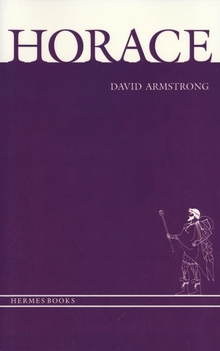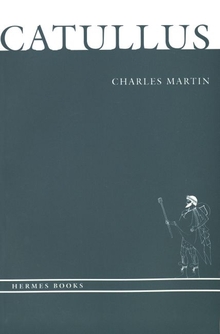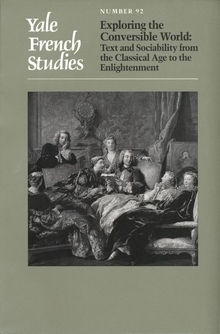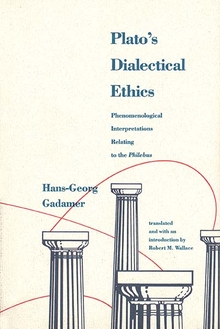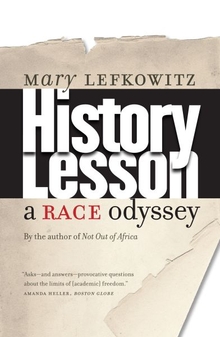Greek Gods, Human Lives
WARNING
You are viewing an older version of the Yalebooks website. Please visit out new website with more updated information and a better user experience: https://www.yalebooks.com
What We Can Learn from Myths
Mary Lefkowitz
Why the Greek myths, more than those of any other culture, continue to captivate us
The mythology of ancient Greece has fascinated readers for two millennia and has formed the basis of Western civilization. The Greek gods are a perennial source of delight because they seem so much like us: in their rages, their love affairs, and their obsession with honor, the gods often appear all too human.
In Greek Gods, Human Lives, preeminent classicist Mary Lefkowitz reintroduces readers to the literature of ancient Greece. Lefkowitz demonstrates that these stories, although endlessly entertaining, are never frivolous. The Greek myths—as told by Homer, Ovid, Virgil, and many others—offer crucial lessons about human experience. Greek mythology makes vivid the fact that the gods control every aspect of the lives of mortals, but not in ways that modern audiences have properly understood. We can learn much from these myths, Lefkowitz shows, if we understand that they are stories about religious experience—about the meaning of divinity, the nature of justice, and the limitations of human knowledge. These myths spoke to ancient audiences and helped them to comprehend their world. With Mary Lefkowitz as an interpreter, these myths speak to us as well.
Mary Lefkowitz is Andrew W. Mellon Professor in the Humanities, Department of Classical Studies, Wellesley College. She has taught a highly popular introductory Greek mythology course for more than twenty-five years and has written extensively on ancient history and mythology. Among her books is Not Out of Africa: How Afrocentrism Became an Excuse to Teach Myth as History, which led to appearances on national radio talk shows and on 60 Minutes as well as to interviews in the Boston Globe and the Washington Post.
A selection of the Eagle Book Club and the Conservative Book Club
"This thoughtful and illuminating book deals with a very important set of topics in Greek literature and thought: What is the real role of the Gods? How important are they, and how seriously are they meant to be taken? And is it all, in some sense, true?"—Jasper Griffin, Professor of Classical Literature at Oxford University
"An important contribution." —Charles C. Chiasson, Southern Humanities Review
"This study of the contribution of myth to our understanding of Greek religion . . . offers much to a popular, nonspecialized audience. . . . A readable prose style. The glossary of names and concepts and her extensive paraphrasing of the works she chooses to illustrate a given myth make the book accessible to those who have not read the original sources, even in translation."—Kelly Macfarlane, Classical World
Publication Date: May 10, 2005
53 b/w illus.



